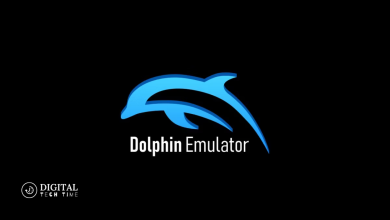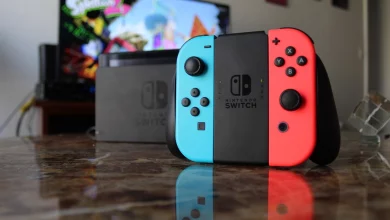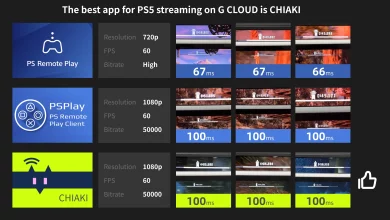Game On: How Web3 Technology is Shaping the Next Era of Gaming
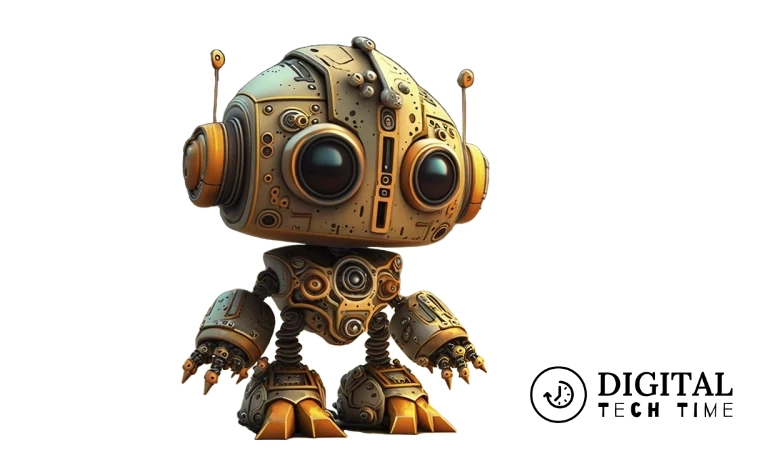
In the ever-evolving digital landscape, Web3 has emerged as a game-changing concept, reshaping various industries, including gaming. Web3 is a decentralized, blockchain-powered iteration of the internet that promises to give users more control and ownership. This shift could transform the gaming industry profoundly, empowering players and developers alike.
Table of Contents
Understanding the Current State of Gaming
The gaming industry has experienced remarkable growth and innovation over the past few years, with graphics, gameplay, and immersive experiences advancements. However, the traditional gaming model has faced its fair share of challenges, such as the rise of microtransactions, loot boxes, and the perceived lack of player ownership over in-game assets.
What is Web3, and How Does it Work?
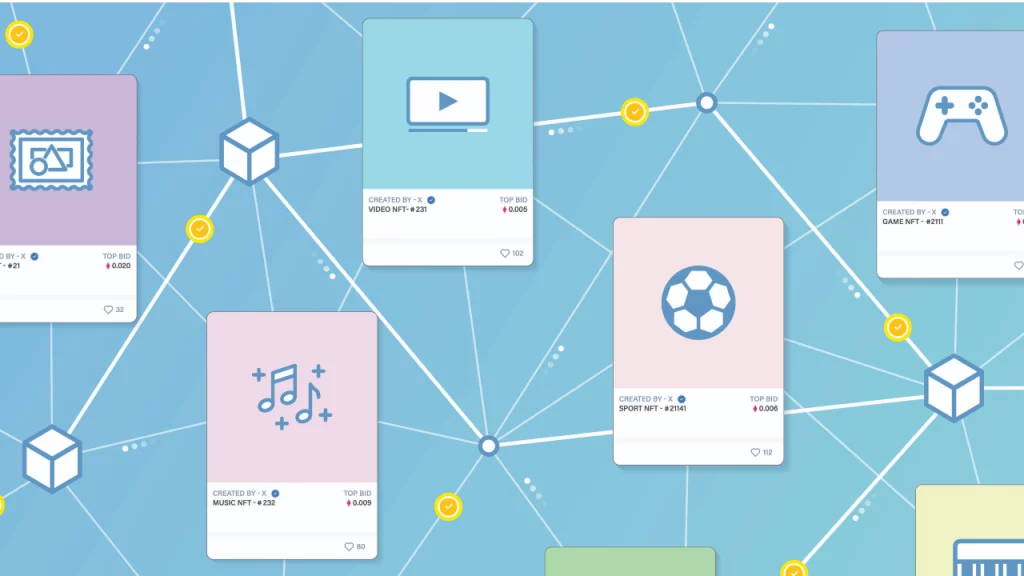
Web3 is a decentralized, blockchain-based internet that aims to give users more control over their data and digital assets. By leveraging the power of distributed ledger technology, Web3 enables a new paradigm of ownership, transparency, and user-centric experiences. In gaming, Web3 can unlock a world of possibilities, from actual digital asset ownership to decentralized gaming platforms.
The Potential of Web3 to Revolutionize the Gaming Industry
The integration of Web3 into the gaming industry holds immense potential. By harnessing the principles of decentralization, transparency, and user empowerment, Web3 can address many pain points plaguing the traditional gaming model. From player-owned in-game assets to decentralized game economies, the possibilities are endless.
How Can Web3 Improve Gaming Experiences?
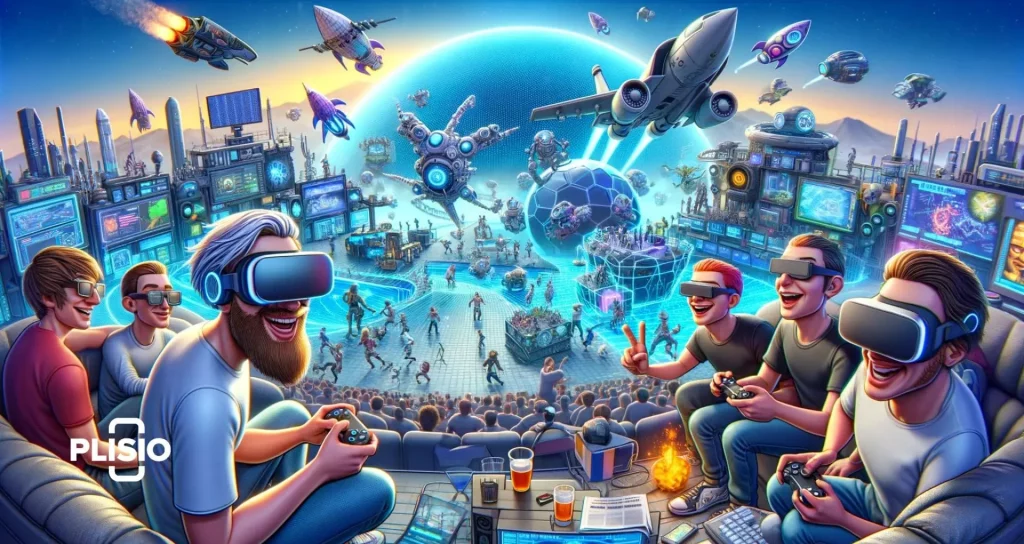
Web3 has the power to enhance gaming experiences in numerous ways. By giving players actual ownership over their in-game assets, such as virtual items, characters, and even game progress, Web3 can foster a sense of investment and engagement that transcends the traditional boundaries of gaming. Additionally, the decentralized nature of Web3 can enable seamless cross-game interoperability, allowing players to transfer and utilize their assets across different gaming platforms freely.
Role of NFTs in Web3 Gaming
Non-fungible tokens (NFTs) have a pivotal role in shaping the future of gaming within the Web3 ecosystem. Here are several ways in which NFTs are influencing and revolutionizing the gaming industry:
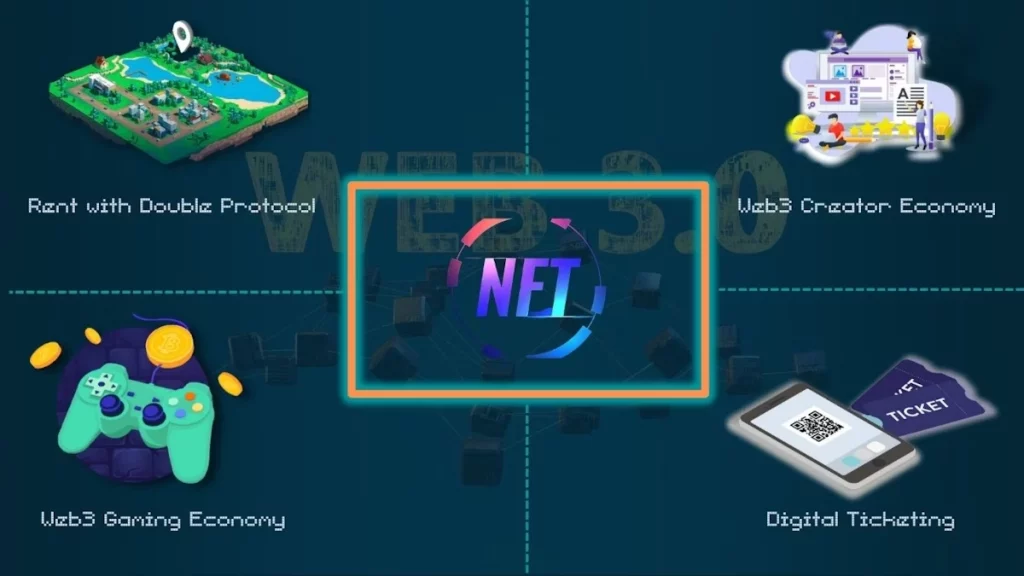
- Ownership and Authenticity: NFTs enable players to own in-game items truly. Each NFT is unique and cannot be replicated, providing authenticity to digital assets within the game.
- Player-Driven Economies: NFTs empower players to create and participate in their economies within games. Players can buy, sell, and trade NFTs, leading to the emergence of player-driven marketplaces and economies within the gaming world.
- Interoperability: NFTs can be designed to be interoperable across different games and platforms. Players can use their NFTs in multiple games, unlocking new experiences and interactions.
- Monetization for Players and Developers: NFTs allow players to monetize their in-game achievements and items. Additionally, game developers can benefit from the sale of NFTs and the potential for a share in the secondary market transactions.
- Community Engagement and Rewards: NFTs can reward players, fostering community engagement and loyalty. Players can earn unique NFTs through gameplay, events, or competitions, adding value to the gaming experience.
- Decentralized Ownership and Governance: NFTs can be linked to governance rights within a game, allowing players to have a say in the development and direction of the game they are invested in.
- Promotion of Creativity and Innovation: NFTs can be tied to user-generated content, allowing players to create and sell their own unique assets within the game. This fosters creativity and innovation within the gaming community.
Overall, NFTs have the potential to significantly impact the gaming industry by empowering players, creating new economic opportunities, and redefining the concept of ownership within virtual worlds.
Related Post : How to Use a PS4 DualShock Controller with a PC
Decentralized Gaming Platforms and their Benefits
Another exciting development in the industry is the emergence of decentralized gaming platforms built on Web3 principles. These platforms offer a more equitable and transparent model, where players have a direct stake in the game’s success and can actively participate in its governance. Decentralized platforms can also facilitate seamless cross-game integration, enabling players to leverage their assets across multiple gaming experiences.
Challenges and Obstacles in Adopting Web3 for Gaming
While Web3’s potential in gaming is undeniable, there are also challenges and obstacles that need to be addressed. Issues such as scalability, regulatory uncertainty, and the learning curve for developers and players can pose barriers to widespread adoption. Overcoming these hurdles will require collaborative efforts between industry stakeholders, policymakers, and the broader Web3 community.
The Future of Gaming with Web3 and Beyond
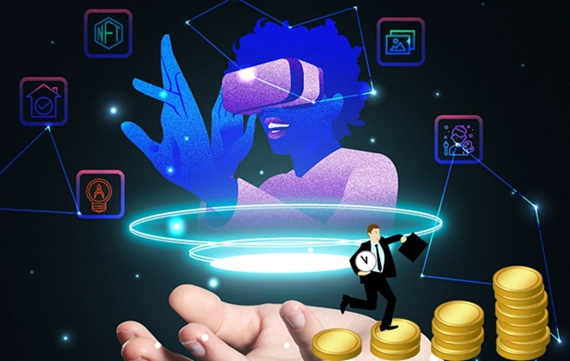
As we look towards the future, the integration of Web3 into the gaming industry promises to be a transformative force. In 2024 and beyond, we can expect to see a gaming landscape that is more player-centric, transparent, and empowering. With the rise of decentralized gaming platforms, actual digital asset ownership, and seamless cross-game interoperability, the future of gaming is poised to be more immersive, engaging, and rewarding than ever before.
Frequently Asked Questions (FAQs)
- What is the critical difference between traditional gaming and Web3 gaming? The primary difference lies in the concept of ownership and control. In conventional gaming, players have limited ownership over their in-game assets, often tied to centralized servers. Web3 gaming, on the other hand, empowers players with actual digital ownership through the use of NFTs and decentralized platforms.
- How can Web3 improve the gaming experience for players? Web3 can enhance the gaming experience in several ways, including:
- Allowing players to own and trade their in-game assets truly
- Enabling seamless cross-game interoperability and asset portability
- Fostering player-driven economies and secondary markets
- Giving players a direct stake in the game’s success and governance
- What are the potential challenges in adopting Web3 for the gaming industry? Some of the key challenges in adopting Web3 for gaming include:
- Scalability issues and network congestion
- Regulatory uncertainty and compliance requirements
- The learning curve for both developers and players
- Ensuring user-friendly and accessible interfaces
- How will the gaming industry look different in 2024 with the integration of Web3? In 2024 and beyond, the gaming industry is expected to transform significantly by integrating Web3 technology. We anticipate the rise of decentralized gaming platforms, increased player ownership and control over in-game assets, the emergence of player-driven economies, and a more transparent and equitable ecosystem that empowers developers and players.
Conclusion
As we look towards the future of gaming in 2024, the integration of Web3 technology promises to be a game-changer. By harnessing the principles of decentralization, transparency, and user empowerment, Web3 can potentially revolutionize the industry, addressing many of the pain points plaguing traditional gaming models. The possibilities are endless, from actual digital asset ownership to seamless cross-game interoperability.



